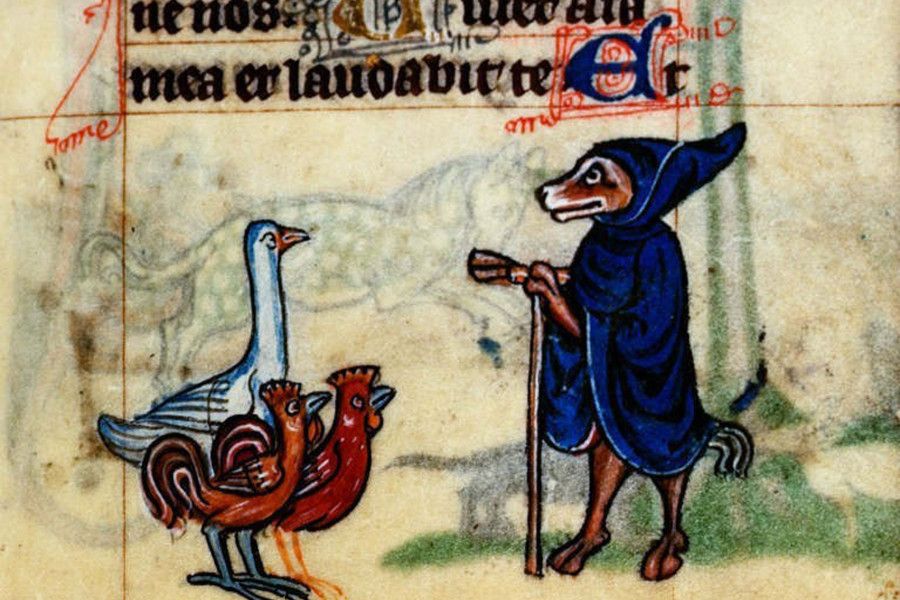
Faking it and Making it: Lying and Deceiving in Poetics and Politics (LMU-Princeton Graduate Seminar 2026, New Jersey)
Faking it and Making it: Lying and Deceiving in Poetics and Politics
The accusation that poets are liars has reverberated throughout the European tradition with a tenacity few commonplaces can rival. Its staying power, no doubt, owes something to its felicitous formulation—the way it lends itself to pithy citation and polemical reuse. Yet its foundational status within the history of philosophy and literary theory must be sought on a deeper plane. For the charge that the poet lies presupposes more than it asserts: it summons to thought the very concepts by which literary discourse is to be distinguished from other modes of expression. Small wonder, then, that boldface names in the history of philosophy like Plato, Aristotle, and Nietzsche should have returned to the charge in ever more sophisticated guises, or that Hans Blumenberg could look back on the entire tradition of literary theory as a persistent wrangling with this provocation. To name the poet a liar is, in effect, to reopen the question of what it means to represent, to imitate, to invent; at the same time, it articulates philosophy’s own ancient claim to truth. That the accusation endures may thus testify less to a perennial suspicion of poetry than to the unbroken fascination with the boundary between fabrication and fact, a boundary that philosophy has long sought to police and that poetry has never ceased to transgress.
Tellingly, Plato raised the charge that poets are liars in a political treatise: it is the first indication that poetry and politics are not merely parallel but competing arts of shaping the plausible, each contending for mastery over collective belief. That is, the distinction between invention and truth reaches beyond the aesthetic domain into the political, for the orchestration of appearances and the molding of belief constitute the very machinery of consensus upon which, in different ways across time, government rests. The border dividing truth from falsehood, authenticity from fakery, is undeniably a fault line with palpable consequences in public life today. The very terms that a few short years ago seemed to name a new epistemic crisis—“fake news,” “alternative facts”—have rapidly grown stale, dulled by repetition and overuse both in public discourse and in its critical reflection. Yet, there can be little doubt that the perils they signaled so urgently have long been features of political life. However extreme the possibilities afforded by the contemporary media environment, the intertwining of persuasion and untruth has always belonged to the grammar of politics, whose proximity to the rhetorical tradition reminds us that deception is not an extrinsic corruption of discourse but constitutive of the art of persuasion on which all forms of popular governance depend.
Another instructive point of convergence that this seminar aims to address emerges from the recognition that certain shared concepts are so foundational to both poetics and politics that neither domain could be thought coherently without them. For instance, a concept like representation is the wellspring from which diverse aesthetic and political activities draw their legitimacy. It mediates between the individual and the collective, the imagined and the real, rendering visible the basic tensions of poetic and political life. A further foundational example has been most forcefully articulated in the work of Georg Simmel and Erving Goffman, who point out that the notion of a role is not merely central to the theatrical relationship between actor and performance; it cuts to the core of social existence itself. Human life unfolds, they suggest, through a constant negotiation between the singular person and the more general statuses generated by interaction, convention, and expectation. The stage thus mirrors the street and vice versa. Alongside such conceptual fields, there are also figures who seem to belong irreducibly to both spheres. Today, one cannot but think of the confidence man, for whom the line between political agent and actor does not exist, and whose machinations have been the subject of countless films and literary works. Alongside the confidence man stands the trickster, a figure that from twelfth century beast epics to Goethe’s hexameter allegory of the French Revolution, from Cicero’s De Officiis to Machiavelli’s Il Principe, has been symbolically cast as the fox. Pretenders menace fictional worlds as much as the all-too-real political one.
Our seminar will ask what it means to lie—and what it means to tell the truth, when both are understood as cultural techniques rather than moral absolutes. When and how does lying become legible as a distinct act, and when is it indistinguishable from the ordinary fictions that sustain social and political life? How do aesthetic forms stage and test the limits of veracity? To what extent can the poetic lie serve as a mode of truth-telling, and where does persuasion turn into deception? We will consider figures who inhabit both domains at once—the poet, the demagogue, the confidence man—as cases through which the boundaries between invention and belief, rhetoric and revelation, begin to blur. By tracing the history of these problematics from antiquity to modernity, we aim to rethink lying not simply as the opposite of truth but as one of its most revealing doubles.
Guest Participants: Christian Benne (Copenhagen), Nicola Gess (Basel), Albrecht Koschorke (Konstanz), Barbara Nagel (Princeton), Bailey Sincox (Binghamton)
Room and board will be provided for the duration of the seminar; participants are responsible for the cost of travel to Princeton, New Jersey. Discussions will take place in English and German.
To apply for the Summer Seminar, please send a short CV along with an abstract of max. 400-words outlining a brief presentation on the seminar topic by January 15, 2026 to LMU-PU@princeton.edu.